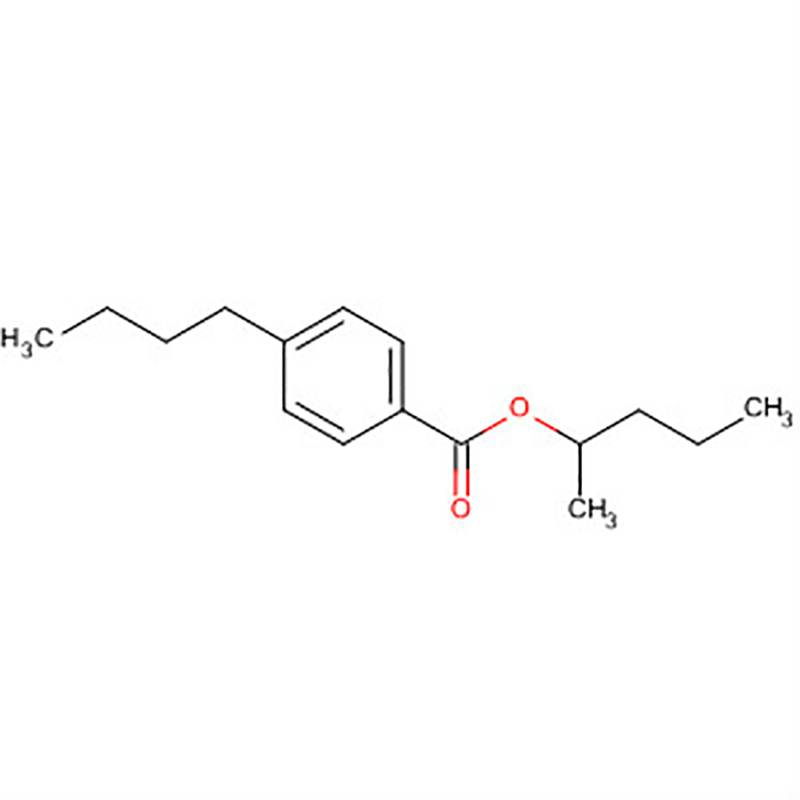-
Categories
-
Pharmaceutical Intermediates
-
Active Pharmaceutical Ingredients
-
Food Additives
- Industrial Coatings
- Agrochemicals
- Dyes and Pigments
- Surfactant
- Flavors and Fragrances
- Chemical Reagents
- Catalyst and Auxiliary
- Natural Products
- Inorganic Chemistry
-
Organic Chemistry
-
Biochemical Engineering
- Analytical Chemistry
-
Cosmetic Ingredient
- Water Treatment Chemical
-
Pharmaceutical Intermediates
Promotion
ECHEMI Mall
Wholesale
Weekly Price
Exhibition
News
-
Trade Service
For the first time at the national level, the centralized procurement of dental implants is proposed, which is an important measure to meet people's expectations and respond to people's livelihood concerns
.
Recently, the executive meeting of the State Council decided to carry out the normalized and institutionalized procurement of medicines and high-value medical consumables in batches to further reduce the medical burden on patients
.
Among them, orthopedic consumables, drug balloons, dental implants and other high-value medical consumables are collected at the national and provincial levels respectively
.
Some industry experts analyzed that "after the inclusion of centralized procurement, the decline in dental implants is expected to reach 60% to 90%"
.
The inclusion of dental implants in the collection catalogue has received special attention from the society, because it has become a common feeling of the public that they cannot afford to look down on dentistry and implant dental implants
.
Someone once calculated an account that people generally have 28 to 32 teeth.
If you choose to do dental implants, 12,000 yuan is a common price, and one tooth will cost more than 300,000 yuan
.
Therefore, many people hope that the relevant departments can reduce the price of dental implants and solve the pain points of people's livelihood
.
The reality is that due to the high price of dental implants, they are not included in the medical insurance catalogue.
Patients can only pay for themselves and are not included in the medical insurance catalogue.
Their sales volume cannot be basically guaranteed, and companies are reluctant to let the price go, which leads to the high price of dental implants.
run
.
However, as long as both parties make a big step at the negotiating table, they can make a chess game by "exchanging price for volume", and deliver the double benefits of a substantial reduction in the price of dental implants and proportional reimbursement by medical insurance to patients
.
Through medical insurance negotiation, we can "cut the peak" for the high price of dental implants, but we must also see that dental implants have unique characteristics compared with drugs and other high-value consumables
.
Although dental implants are expensive, the proportion of teeth in the price is not high, and the operation cost is more expensive
.
Specifically, the purchase price of dental implants ranges from 400 yuan to 3,000 yuan, but the terminal price can reach 6,000 yuan to 20,000 yuan, and the middle profit space is huge
.
However, among them, the cost of implants only accounts for 20% to 30% of the total price, and the doctor and other expenses account for about 20% to 50%
.
This means that the bulk of the high price of dental implants cannot be reduced through medical insurance negotiations.
.
Medical insurance negotiation has the effect of "vacating the cage and changing the bird" for the price, and is suitable for most high-value consumables
.
For example, the price of cardiac stents is high, but the fees for cardiac stent interventions are very low.
Through medical insurance negotiation, the price of cardiac stents has been greatly reduced, so that there is room for moderately rising surgical operations and other costs
.
However, the trick of "vacating the cage and changing the bird" is not suitable for dental implants, and may even require the reverse operation
.
Therefore, for medical items with special price composition such as dental implants, it is necessary to explore and introduce more targeted price reduction strategies
.
Previously, the National Medical Insurance Bureau stated that it plans to guide local governments to include dental implants on the platform, so as to promote the transparency of the prices of implants of various brands and squeeze out water
.
This has actually laid the foundation for "the medical insurance department to regulate the price of non-medical insurance products"
.
This time, it is the first time at the national level that the centralized procurement of dental implants is proposed, which also indicates that the centralized procurement is a step closer to consumer medical care
.
It can be said that it is an important measure to comply with the expectations of the people and respond to the concerns of people's livelihood
.
The signal it reveals is undoubtedly to allow more people to have teeth implanted, so that patients can truly benefit
.
Therefore, in order to reduce the price of dental implants, relevant departments may wish to actively take some comprehensive measures to reduce part of the cost through centralized procurement of medicines and other costs, so as to resolve the pain points of the public that "seeing teeth is difficult and expensive" as soon as possible
.
.
Recently, the executive meeting of the State Council decided to carry out the normalized and institutionalized procurement of medicines and high-value medical consumables in batches to further reduce the medical burden on patients
.
Among them, orthopedic consumables, drug balloons, dental implants and other high-value medical consumables are collected at the national and provincial levels respectively
.
Some industry experts analyzed that "after the inclusion of centralized procurement, the decline in dental implants is expected to reach 60% to 90%"
.
The inclusion of dental implants in the collection catalogue has received special attention from the society, because it has become a common feeling of the public that they cannot afford to look down on dentistry and implant dental implants
.
Someone once calculated an account that people generally have 28 to 32 teeth.
If you choose to do dental implants, 12,000 yuan is a common price, and one tooth will cost more than 300,000 yuan
.
Therefore, many people hope that the relevant departments can reduce the price of dental implants and solve the pain points of people's livelihood
.
The reality is that due to the high price of dental implants, they are not included in the medical insurance catalogue.
Patients can only pay for themselves and are not included in the medical insurance catalogue.
Their sales volume cannot be basically guaranteed, and companies are reluctant to let the price go, which leads to the high price of dental implants.
run
.
However, as long as both parties make a big step at the negotiating table, they can make a chess game by "exchanging price for volume", and deliver the double benefits of a substantial reduction in the price of dental implants and proportional reimbursement by medical insurance to patients
.
Through medical insurance negotiation, we can "cut the peak" for the high price of dental implants, but we must also see that dental implants have unique characteristics compared with drugs and other high-value consumables
.
Although dental implants are expensive, the proportion of teeth in the price is not high, and the operation cost is more expensive
.
Specifically, the purchase price of dental implants ranges from 400 yuan to 3,000 yuan, but the terminal price can reach 6,000 yuan to 20,000 yuan, and the middle profit space is huge
.
However, among them, the cost of implants only accounts for 20% to 30% of the total price, and the doctor and other expenses account for about 20% to 50%
.
This means that the bulk of the high price of dental implants cannot be reduced through medical insurance negotiations.
.
Medical insurance negotiation has the effect of "vacating the cage and changing the bird" for the price, and is suitable for most high-value consumables
.
For example, the price of cardiac stents is high, but the fees for cardiac stent interventions are very low.
Through medical insurance negotiation, the price of cardiac stents has been greatly reduced, so that there is room for moderately rising surgical operations and other costs
.
However, the trick of "vacating the cage and changing the bird" is not suitable for dental implants, and may even require the reverse operation
.
Therefore, for medical items with special price composition such as dental implants, it is necessary to explore and introduce more targeted price reduction strategies
.
Previously, the National Medical Insurance Bureau stated that it plans to guide local governments to include dental implants on the platform, so as to promote the transparency of the prices of implants of various brands and squeeze out water
.
This has actually laid the foundation for "the medical insurance department to regulate the price of non-medical insurance products"
.
This time, it is the first time at the national level that the centralized procurement of dental implants is proposed, which also indicates that the centralized procurement is a step closer to consumer medical care
.
It can be said that it is an important measure to comply with the expectations of the people and respond to the concerns of people's livelihood
.
The signal it reveals is undoubtedly to allow more people to have teeth implanted, so that patients can truly benefit
.
Therefore, in order to reduce the price of dental implants, relevant departments may wish to actively take some comprehensive measures to reduce part of the cost through centralized procurement of medicines and other costs, so as to resolve the pain points of the public that "seeing teeth is difficult and expensive" as soon as possible
.







